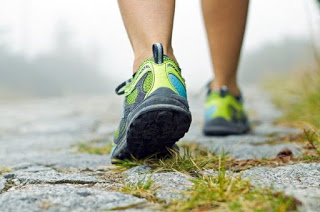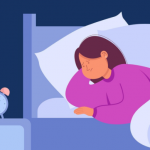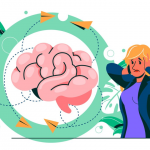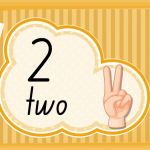This week’s blog is a joint post written by myself and my good friend and colleague, Dr Arya Sharma.
Standard lifestyle advice from any doctor will include being active. General health guidelines recommend being active at least 150 minutes to achieve health benefits and prolong life. The Canadian Obesity Guidelines recommend 30-60 minutes of moderate to vigorous intensity aerobic activity most days of the week to improve cardiovascular health, mobility, metabolic health, mental health, and quality of life, even if no weight is lost with this strategy.
Most people are familiar with these benefits of exercise, yet the majority of adults in most countries do not follow this advice. Why not?
Let’s park that for a minute, and let us first ask: What if your doctor advised you to play the violin?
Let’s say your doctor advises you that playing the violin 75-150 minutes per week is really important for your health . Playing the violin will reduce your risk of developing diabetes, help keep your weight in check, reduce your risk of having a heart attack, and help you live longer. It will even make you feel happier and improve your quality of life! You can do it in 10 minute bouts or longer durations, however you want to fit it in. You can play the violin on your own, or you can play your violin with friends. You can even join a violin class where you practice together (for a membership fee of course) – hey, you even get an unlimited supply of distilled water and a towel to wipe your brow while you are playing. You can set your smart watch to track the time you spend playing the violin, with fancy color-coded rings that complete when you’ve achieved your daily goals.
If your doctor told you all of this: Would you do it? Would you play the violin several times a week for the rest of your life?
The answer, for the vast majority, we’d bet, is no. Some may give the violin a try, but it would end up collecting dust in the corner somewhere. Likely only a small percentage of people would take up the violin and stick with it. Most probably wouldn’t give it a go at all. Why?
The answer has to do with the genetically ingrained brain response to particular activities (read on music here and exercise here). A small minority of people will get a rush of endorphins (happy hormones) from playing the violin, and these are the people who are likely to stick with it. Everyone else, who don’t derive particular pleasure from the violin or from creating music at all, are unlikely to stick with it (or even start it in the first place).
Now let’s pull that analogy back to exercise, and it helps us to understand why the majority of people do not heed the advice to exercise. For those lucky enough to get an endorphin response from exercise, it is a pleasant experience to exercise. It makes these people feel good, and thus more likely to want to stick with being active. For the rest, who don’t derive pleasure from being active, it becomes very difficult to stick with this advice. Some doubters may think that people who don’t enjoy being active are simply ‘out of shape’ and thus activity doesn’t feel good. Not true, friends – we just need to look to the group of people who do give exercise a go, get into shape, but don’t stick with it long term to see that.
So how can we get around this? Well, for some people, it works to tie in activity with something that does give them pleasure. Let’s say you find a good audiobook that you’re excited to listen to, or a Netflix series you’re binging, but you only allow yourself to listen while out on a walk or on an elliptical machine. The endorphins you are looking for come from the book or the show. For some, it’s all about the experience – they may feel that riding a bike in a gym feels horrible, but riding a bike in the great outdoors is beautiful and fun (and thereby the ‘happy hormones’ kick in). Catching up with a friend might be something you’re looking forward to – instead of doing it over a coffee, do it with a bout of activity!
So now we understand why some people (a minority) actually want to exercise, while most don’t – it comes down largely to genetics, and what gives you that endorphin response. Finding a way to bring enjoyment with activity can be a step in the right direction!
PS – On a personal note: I love to exercise and Arya is a thriving musician, so we had a really great conversation, mutual understanding, and a good laugh over this topic!
Share this blog post using your favorite social media link below!
Check me out on twitter! @drsuepedersen
www.drsue.ca © 2023












